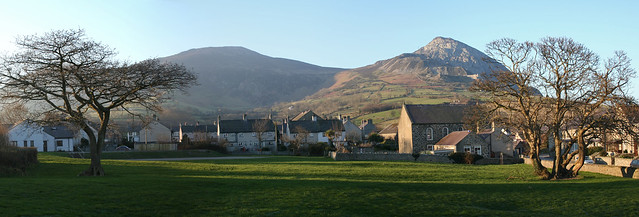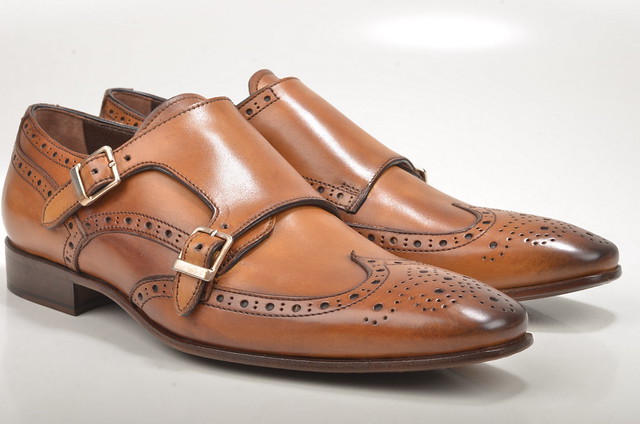Podcast: Play in new window | Download
In this Adventure we’re uncovering the origins of the word ship.
A ship [ʃɪp] is:
- A water-borne vessel generally larger than a boat.
- A vessel which travels through any medium other than across land, such as an airship or spaceship.
- A sailing vessel with three or more square-rigged masts. (archaic, nautical, formal)
It comes from Middle English s(c)hip [ʃip] (ship, boat), from Old English scip [ʃip] (ship), from Proto-West-Germanic *skip (ship), from Proto-Germanic *skipą (ship), possibly from PIE *skey- (to split, dissect) which originally meant a hollowed tree [source].
Words from the same roots include skipper in English, Schipp (ship) and Schiff (ship, nave, vessel, boiler) in German, schip (ship, nave) in Dutch, skepp (ship, nave) in Swedish, and sgioba (crew, team) in Scottish Gaelic [source].
The English word skiff (a small flat-bottomed open boat) also comes from the same roots, via Middle French esquif (skiff), Old Italian schifo (small boat, dingy), and Lombardic skif (ship, boat) [source].
Incidentally, the Scots word skiff (a light, fleeting shower of rain or snow; a gust of wind; to move in a light airy manner, barely touching the ground) does not come from the same roots. Instead, it probably has onomatopoeic origins. The English word skiffle (a type of folk music made using homemade or improvised instruments) was possibly borrowed from this Scots word [source].
Here’s a video I made of this information:
Video made with Doodly [afflilate link].
I also write about words, etymology and other language-related topics on the Omniglot Blog, and I explore etymological connections between Celtic languages on the Celtiadur.
You can also listen to this podcast on: Apple Podcasts, Amazon Music, Stitcher, TuneIn, Podchaser, PlayerFM or podtail.
If you would like to support this podcast, you can make a donation via PayPal or Patreon, or contribute to Omniglot in other ways.










